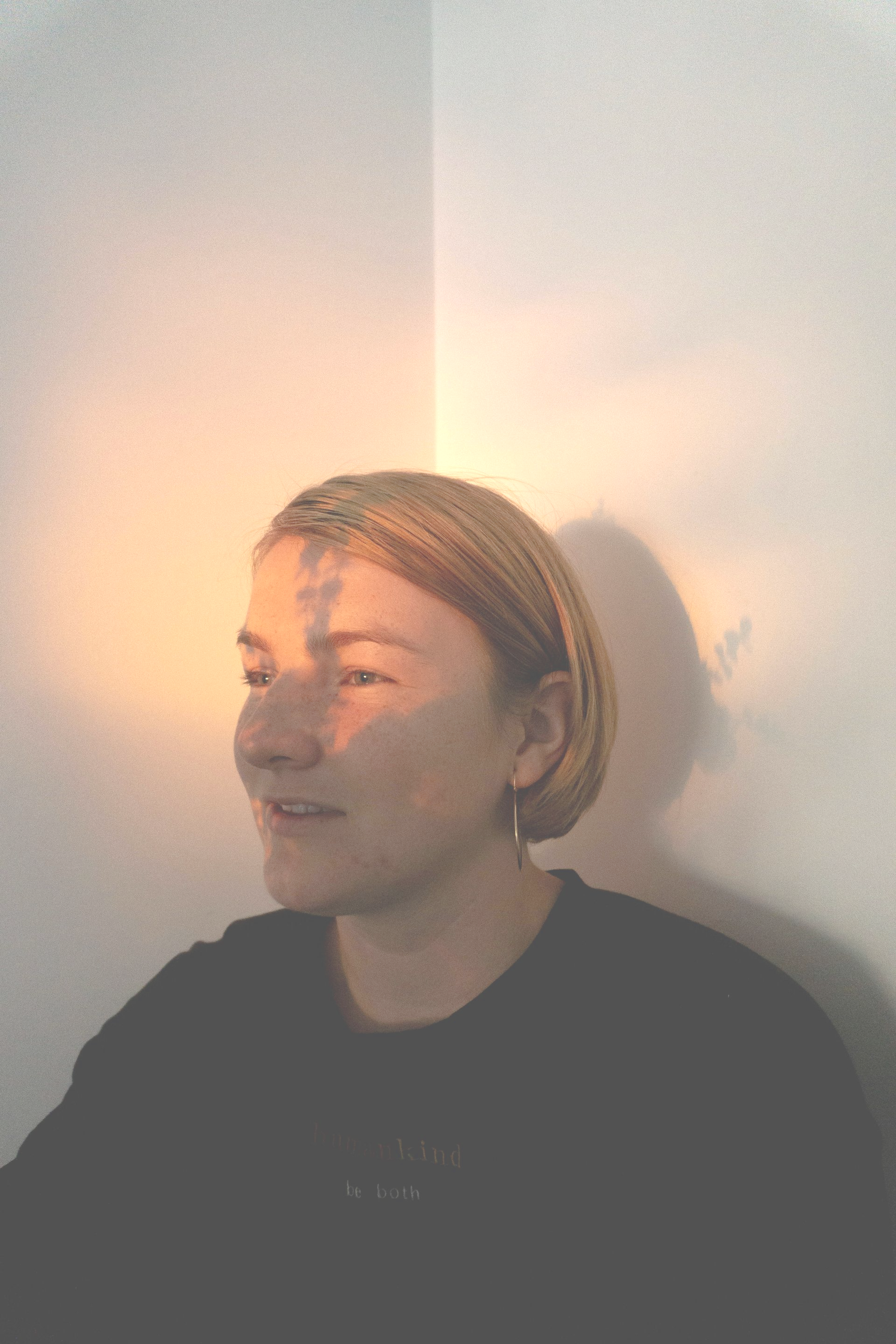5 Simple Ways to Reconnect Mind, Body and Soul
Small practices to integrate into your daily routine that will make a noticeable difference.

In therapy, we often talk about regulation — how to find your way back to calm when life feels like too much. But self-regulation isn’t about forcing yourself to be calm. It’s about learning to notice what your body, mind, and soul are asking for — and responding with care instead of judgment.
When someone comes into session on one of their hardest days, there’s rarely one perfect technique that fixes it all. Sometimes they just need to cry. Sometimes they need to vent. Sometimes they need a grounding exercise or a quiet moment of breathing before they can even speak.
As a therapist, that’s my first role — to be present without rushing to solutions. To ask, gently, “What do you need right now?” Do you want to be heard? Validated? Distracted? Encouraged?
That question alone often begins the process of regulation — because it brings awareness back to the present.
But there are also some practical tools that can help when words fall short. These are the kinds of practices we might draw on in the therapy room, but they’re equally useful at home — little bridges back to safety and self-connection.
1. Grounding through the Senses
When the mind starts to spiral, the body can become your anchor.
Try the classic 5-4-3-2-1 grounding technique:
- 5 things you can see
- 4 things you can touch
- 3 things you can hear
- 2 things you can smell
- 1 thing you can taste
It’s simple, but incredibly effective. It reminds your brain that you are here, right now — not stuck in the storm of “what ifs” or the replay of “what happened.”
2. The Safe Space Visualization
This is a guided meditation we often use in therapy. You imagine a place — real or imagined — where you feel deeply safe and calm. Then, focus on the
five senses again:
What do you see there? What sounds fill the air? What textures can you touch?
With practice, this place becomes a mental refuge you can visit when things feel chaotic. It’s not about escaping reality, but about reminding your nervous system what peace feels like.
3. Breathing with Intention
Sometimes the most basic things are the most powerful. Box breathing (in for 4, hold for 4, out for 4, hold for 4) gives your mind a visual rhythm — a sense of containment when everything feels uncontained.
Even one minute of intentional breathwork can change your heart rate, your focus, and your sense of control.
4. Progressive Muscle Relaxation
When anxiety takes over, your body often clenches without you noticing. Try tightening one muscle group at a time — fists, shoulders, legs — and then slowly releasing. Feel the contrast between tension and release.
It’s a physical reminder that you can let go.
5. Practicing Self-Compassion
At the end of the day, coping mechanisms only work if they come from a place of
kindness, not criticism.
If you’re having a hard day, you don’t need to “get it together.” You need to recognize that you’re human — that this moment is allowed to be messy, and that you can still care for yourself inside it.
Sometimes that care looks like breathing. Sometimes it’s calling a friend. Sometimes it’s just saying, “This is really hard right now, and I’m doing my best.”
Integrating It All
The beauty of these small practices is that they’re not just about surviving bad days — they’re about building muscle memory for the good ones, too. When we practice grounding or mindful breathing on calm days, we strengthen our ability to return there when storms hit.
Holistic healing isn’t about perfection. It’s about preparation — about setting ourselves up for safety, compassion, and steady coping before we even need it.
____________________________________________
If you are having a hard time and need a reset, we are here to help. Our team of Registered Psychotherapists is located in Barrie, Ontario providing in-person and virtual sessions to clients. To book a session, please use https://resetbarrie.janeapp.com
This blog is a companion to our podcast Beyond the Session brought to you by our team in Barrie. You can catch up on past sessions on Spotify and YouTube.

